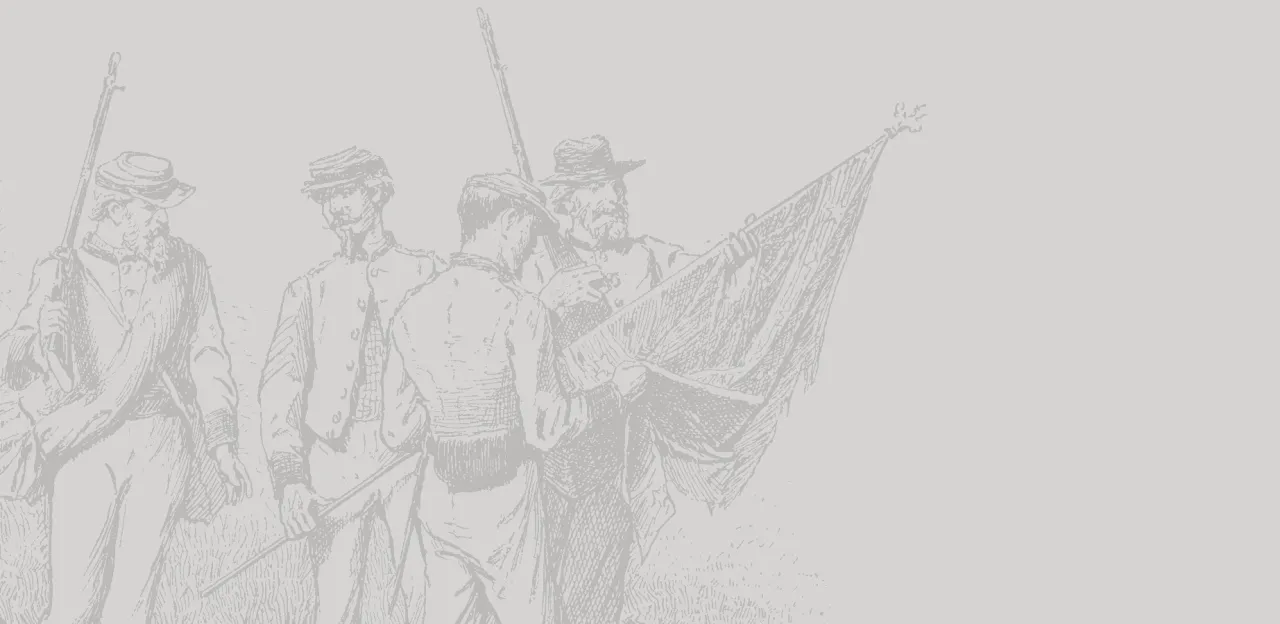Valor Aboard the USS Carondelet

Lieutenant Colonel Jim Morrison, United States Navy
In June of 1862, the Union Naval forces were working their way down the Mississippi River. Following a decisive victory in the Battle of Memphis, the Union were headed towards Vicksburg, Mississippi when on July 15, 1862 the Union fleet, notably the USS Carondelet, engaged in battle with the "Rebel Ram" CSS Arkansas.
On the 4th of June the rebels evacuated and burned Fort Pillow. John records the spectacular explosions that continued until the next day. After fifty-two days of holding the Union fleet north of Plum Point, the fort was abandoned when Halleck's army pressured Beauregard into abandoning Corinth and outflanked the fort. The Confederate gunboats retreated to Memphis. The Union fleet followed them and on the 6th engaged in the only fleet action of the Civil War.
The populace of Memphis had come out onto the bluffs to watch what they supposed was to be a rout of the Union fleet. With Colonel Ellet's rams and accurate gunfire from the gunboats the rebel fleet was destroyed in a little over an hour and the city fell to the naval forces. John records that the citizens put the mayor in jail so that he could not surrender the city. A party of soldiers went ashore, cut down the "secesh flag" and took possession of the city. They were followed by two regiments from Pope's army who occupied the town. Six steamboats were captured as well as great quantities of stores. Only about a hundred prisoners were taken because the Confederate forces withdrew rapidly after the naval battle. The Mississippi was now open to Vicksburg.
Farragut's ships, moving up from New Orleans, effected the capture of Baton Rouge and Natchez. Davis' flotilla and Farragut's met at Vicksburg. The city sat on a high bluff above the river and the guns of the bluewater fleet could not be elevated enough to engage the Confederate batteries. The mortars from both groups expended a great deal of shot with little effect and Farragut concluded a naval force could not take the city without help from the army on the land side. Halleck, the ever cautious Union general, could not be induced to join the assault. Meanwhile, the Confederate general, Van Dorn, worked on the city's fortifications and the early opportunity to take the city slipped away.
News had reached the Union forces that the rebels were building a warship forty miles up the Yazoo River. After a period of relative inactivity for the gunboats, Farragut ordered a reconnaissance of the Yazoo. On 15 July 1862, the Tyler, Carondolet, and the ram Queen of the West were sent. The lighter wooden ships soon outdistanced the Carondolet. While at breakfast, John was "startled by the report of a gun", a signal from the Tyler, which, along with the ram, was fleeing "a most formidable looking monster". The crew went to battle stations immediately and Walke turned his ship downstream to warn the fleet of the approach of the CSS Arkansas. John who was the gunner on one of the stern guns was given to order to "fire as fast as (he) could."
The round shot did not seriously damage the heavily armored Arkansas and she came on intent on ramming the Carondolet. She came so close aboard Walke ordered "repel boarders". John reports she touched the stern and he fired the last shot his gun could take at her. The ram fired a broadside into the Union vessel causing serious damage including cutting the steering ropes and some of the steam pipes. The Arkansas then swept by and proceeded down river. Meanwhile, John ran forward to the bow guns and "put the last shot into the Arkansas." Walke ran his vessel aground to avoid having her sink while the damage was repaired. When they finally reached the fleet "all hands were mortified and surprised" that the Arkansas had run through the entire fleet and was safely moored below the Vicksburg batteries.
The Carondolet suffered four killed, sixteen wounded, "some very severely" and twelve missing some of whom may have jumped overboard to evade the escaping steam. Several of the missing returned after swimming ashore and making their way back to the ship. At least three drowned in the attempt. As the ship returned down river to the Mississippi grog was served out to the crew. This custom was soon to end as Congress had passed an act prohibiting "distilled spirituous liquor" aboard Naval vessels. An order from Secretary of the Navy, Gideon Welles, to Flag Officers Davis and Farragut ending the practice effective 1 September 1862. This order was not received well in the Navy. Casper Schenk, an officer in USS Portsmouth composed a song, "Farewell to Grog", in memory of the ration:
Jack's happy days will soon be gone
To return again, oh never!
They've raised his pay five cents a day
But stopped his grog forever. For tonight we'll merry, merry be,
For tonight we'll merry, merry be
For tonight we'll merry, merry be
Tomorrow we'll be sober
Related Battles
4,910
32,363



